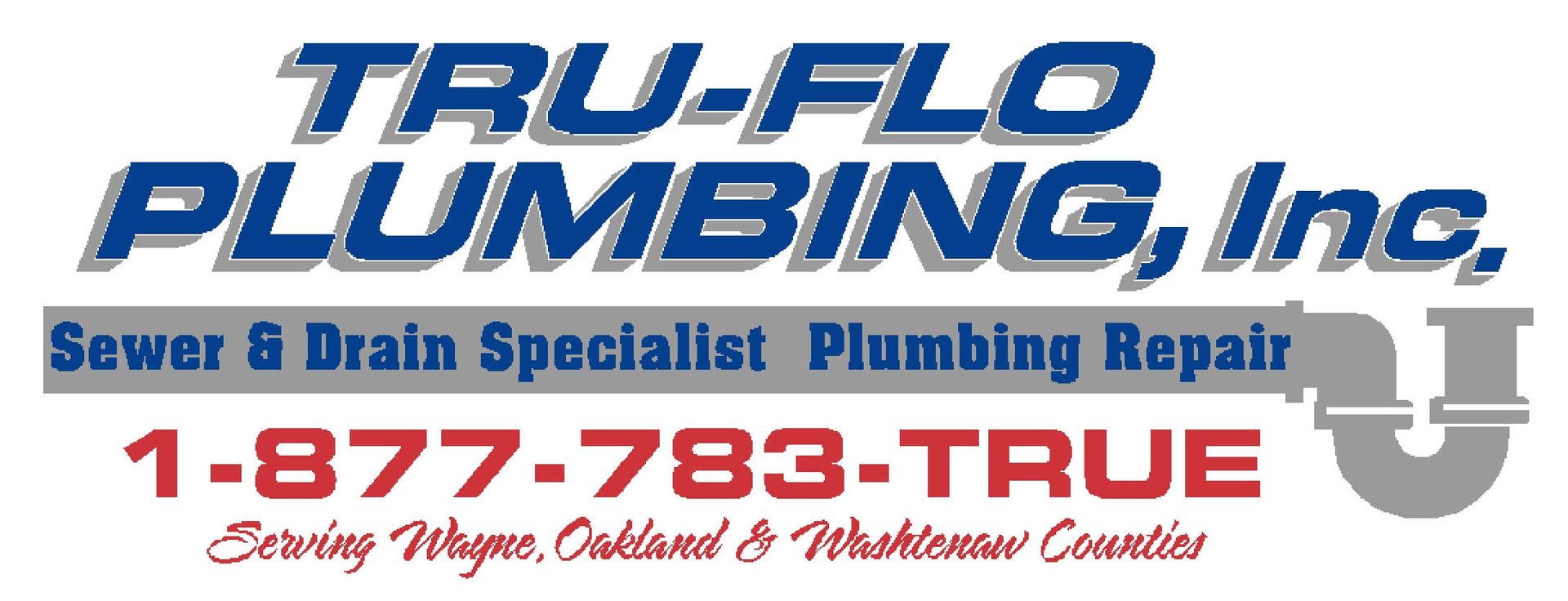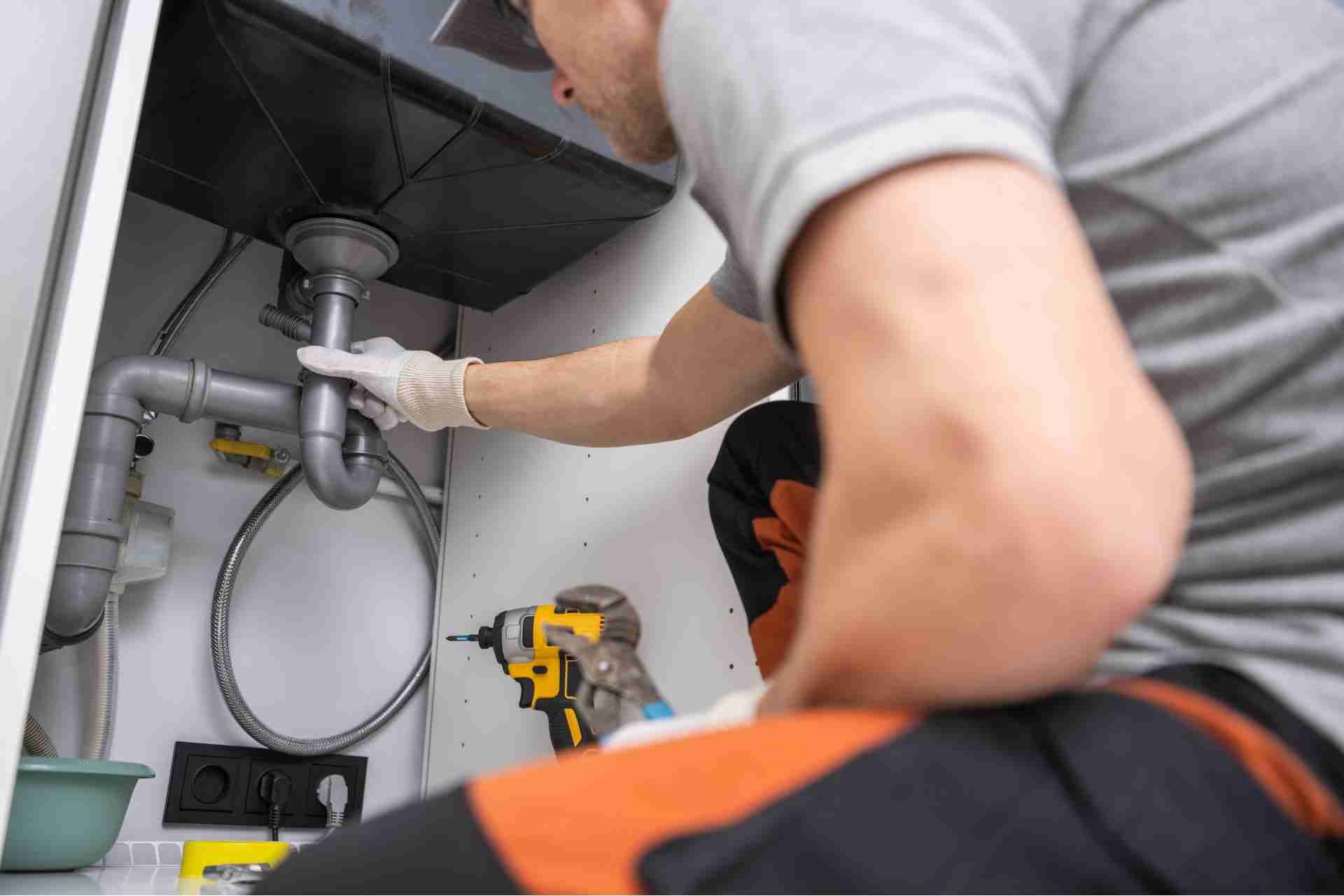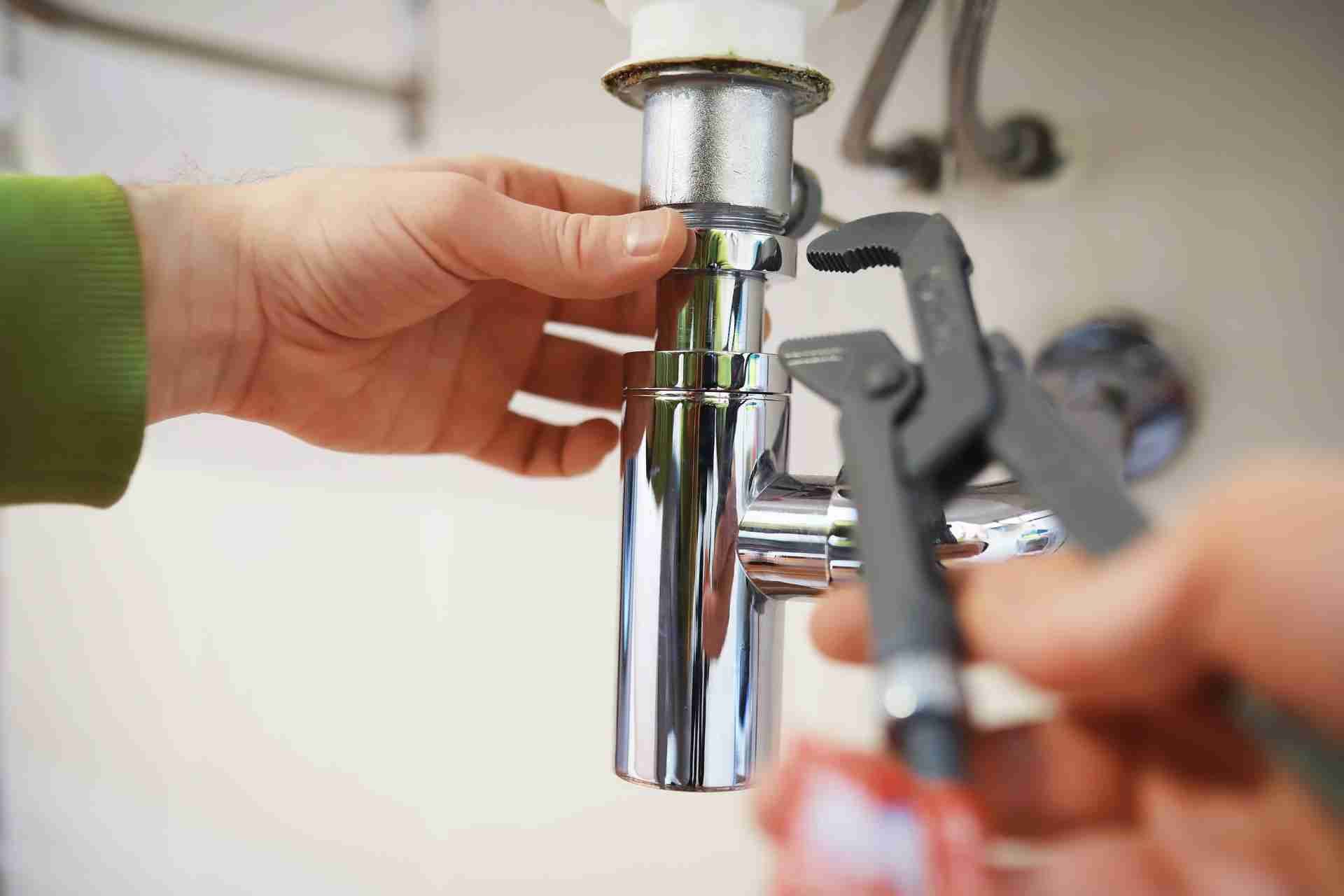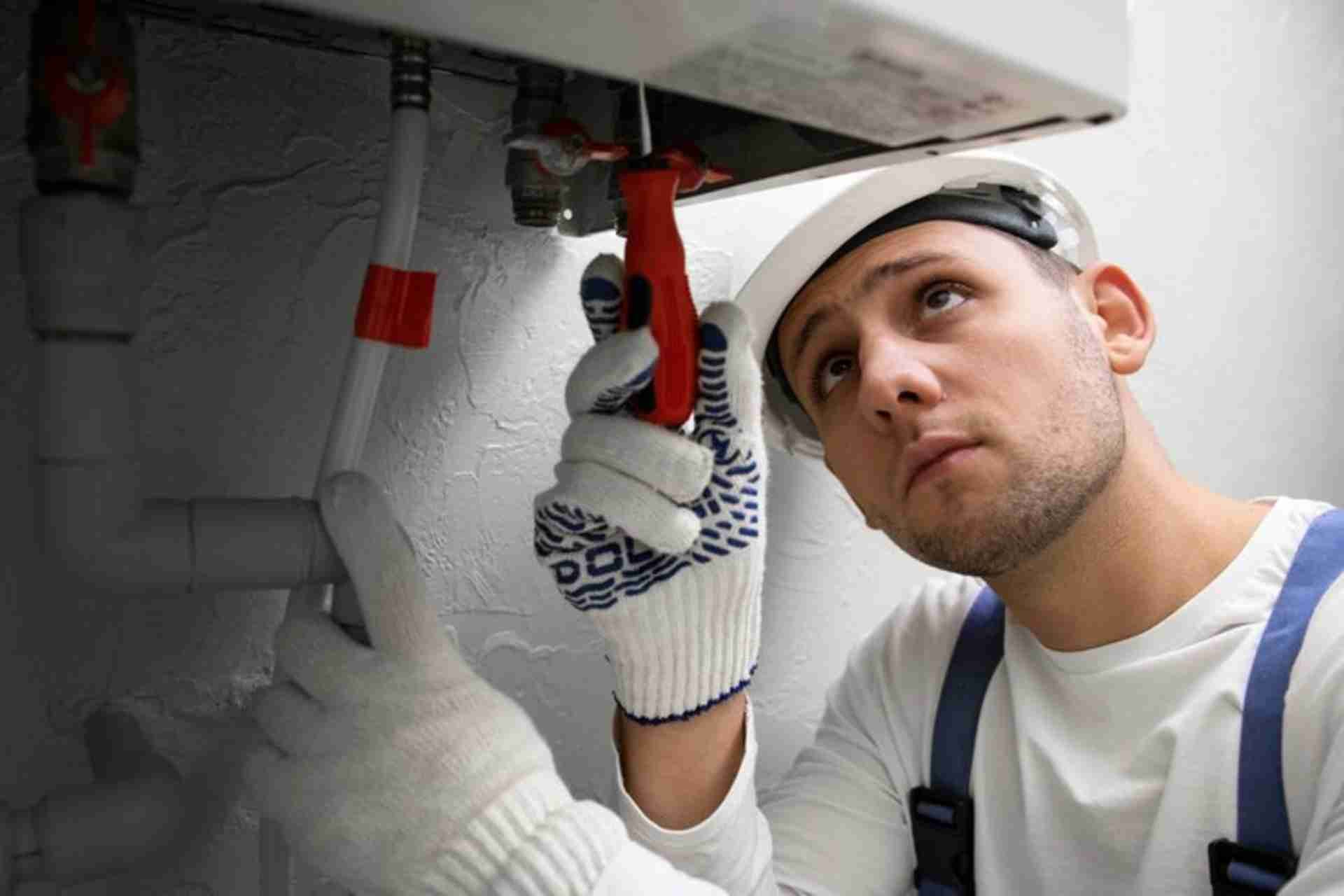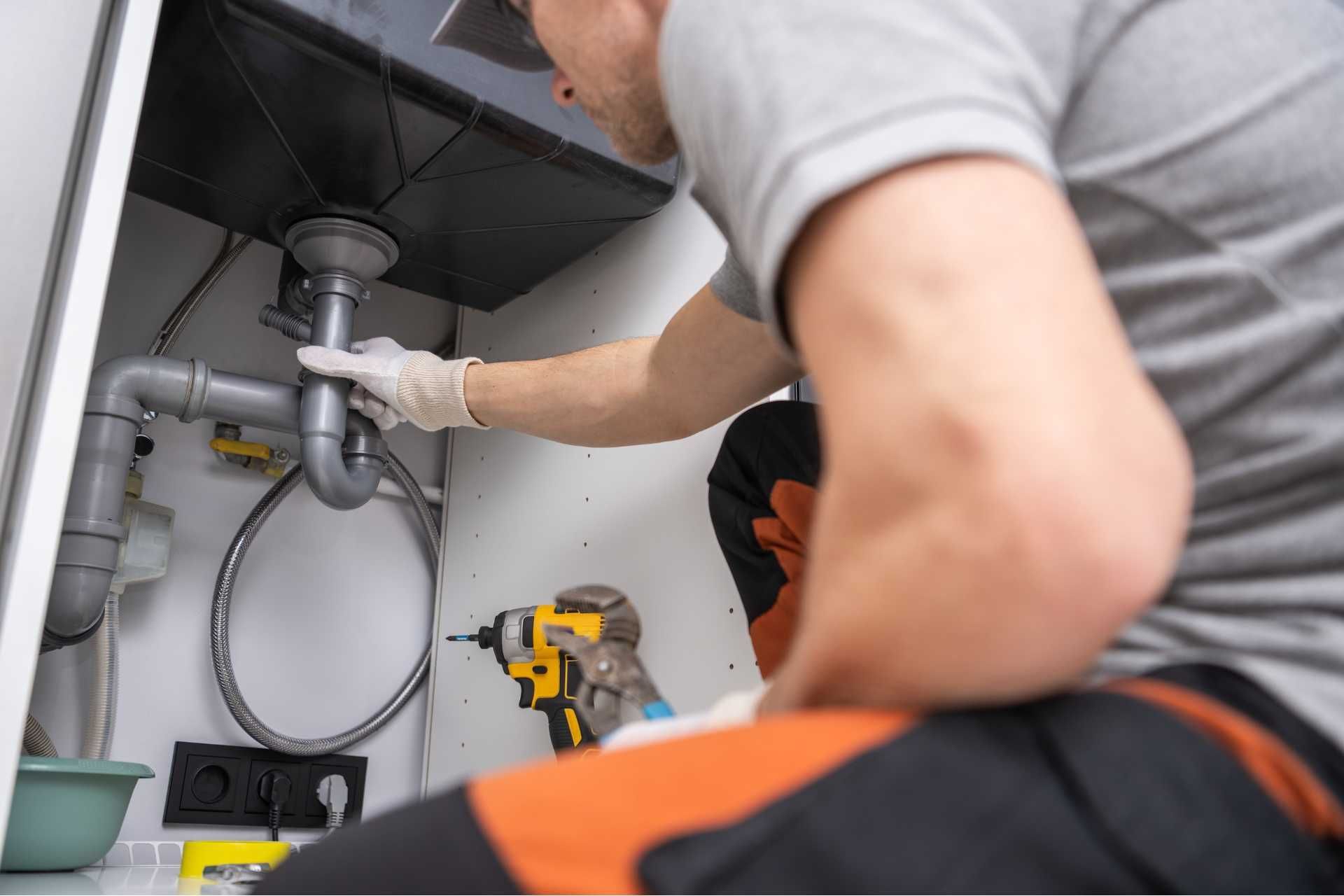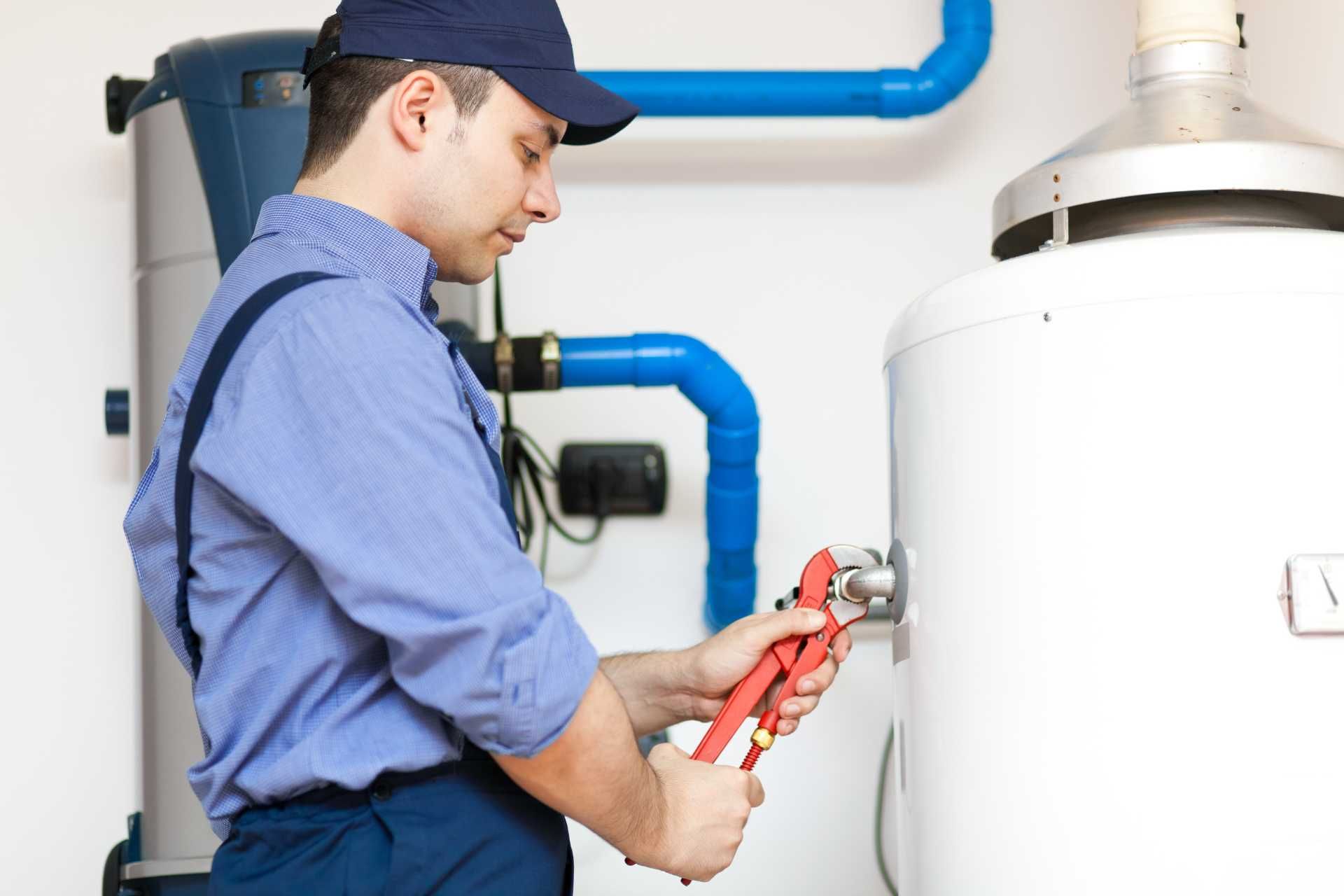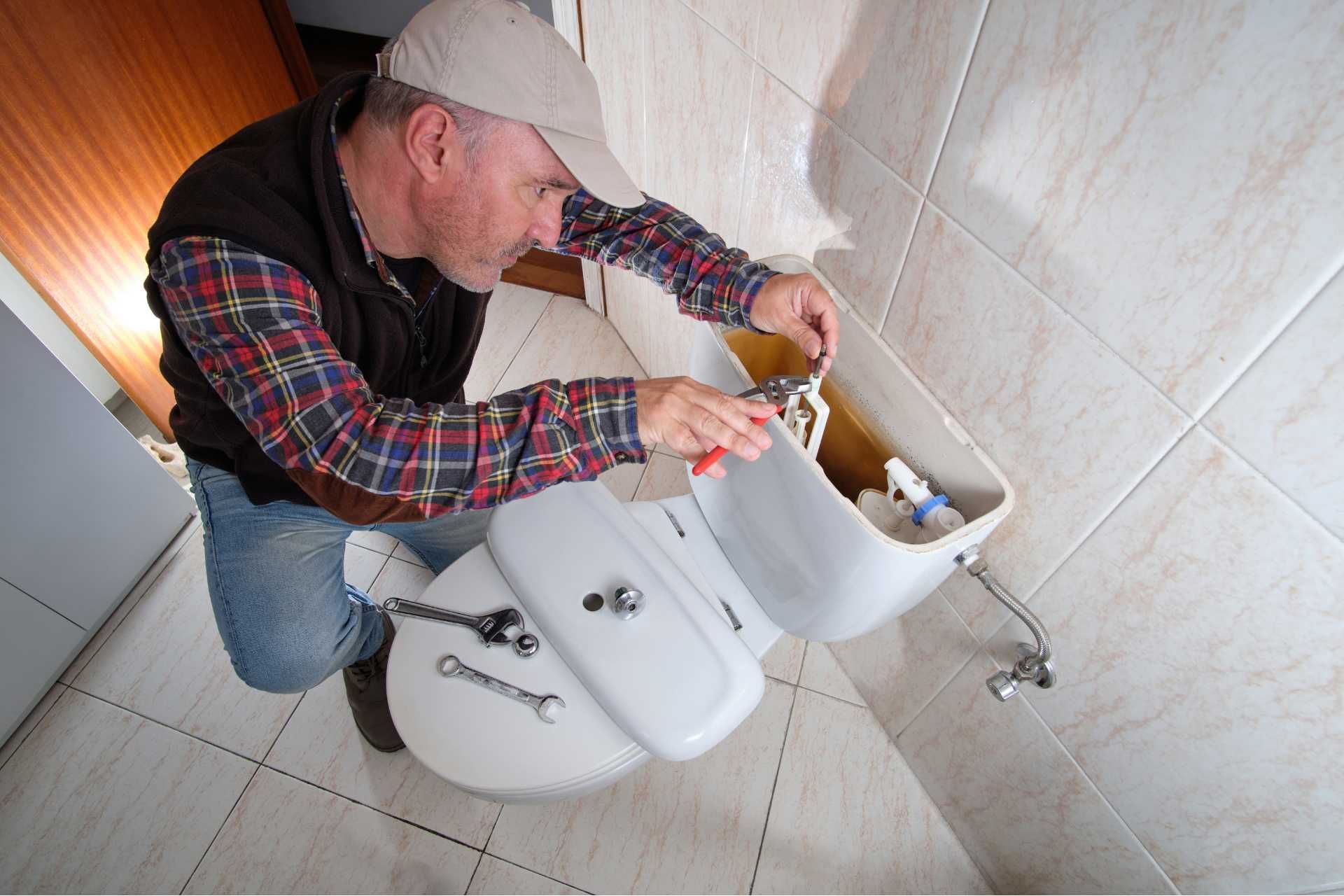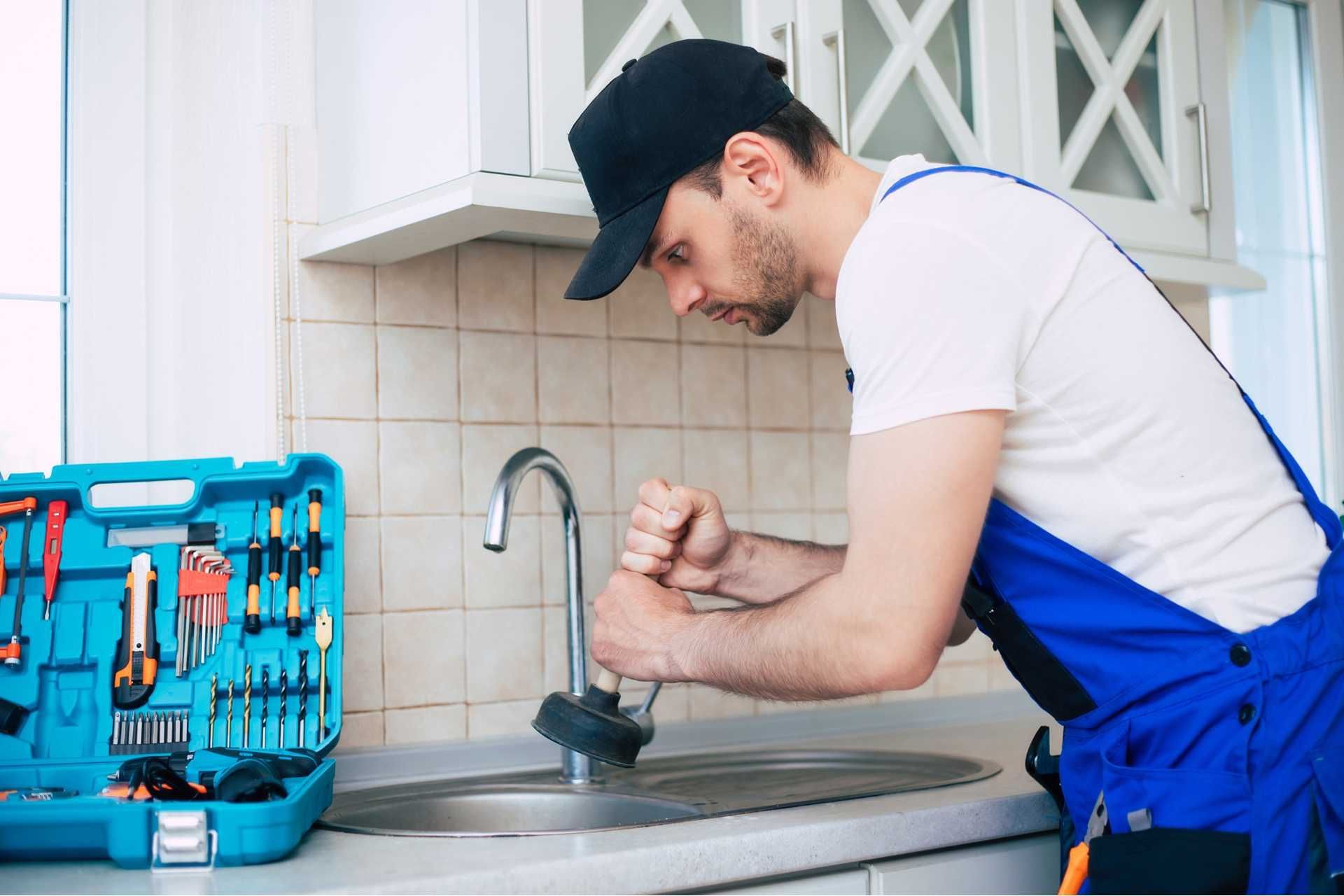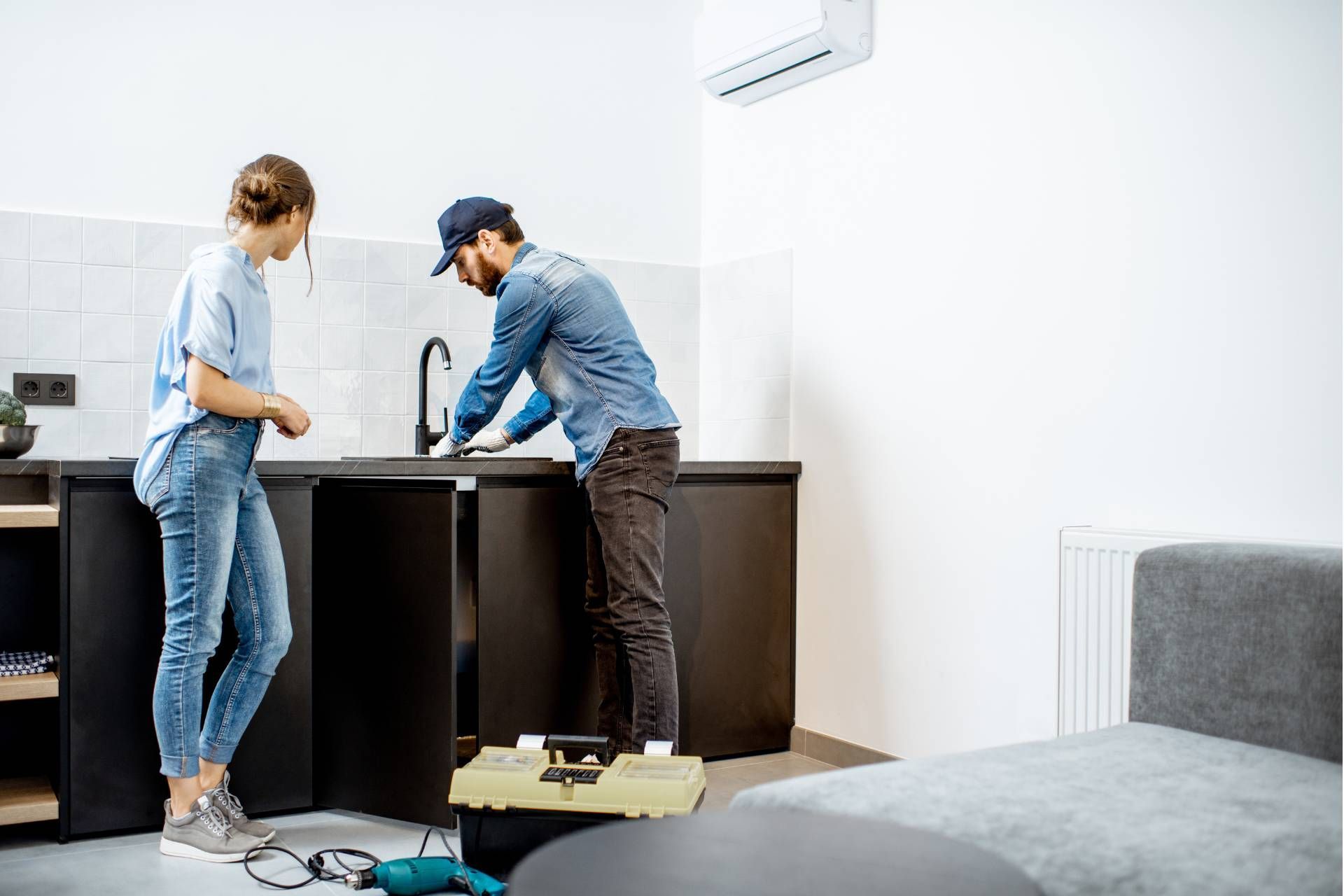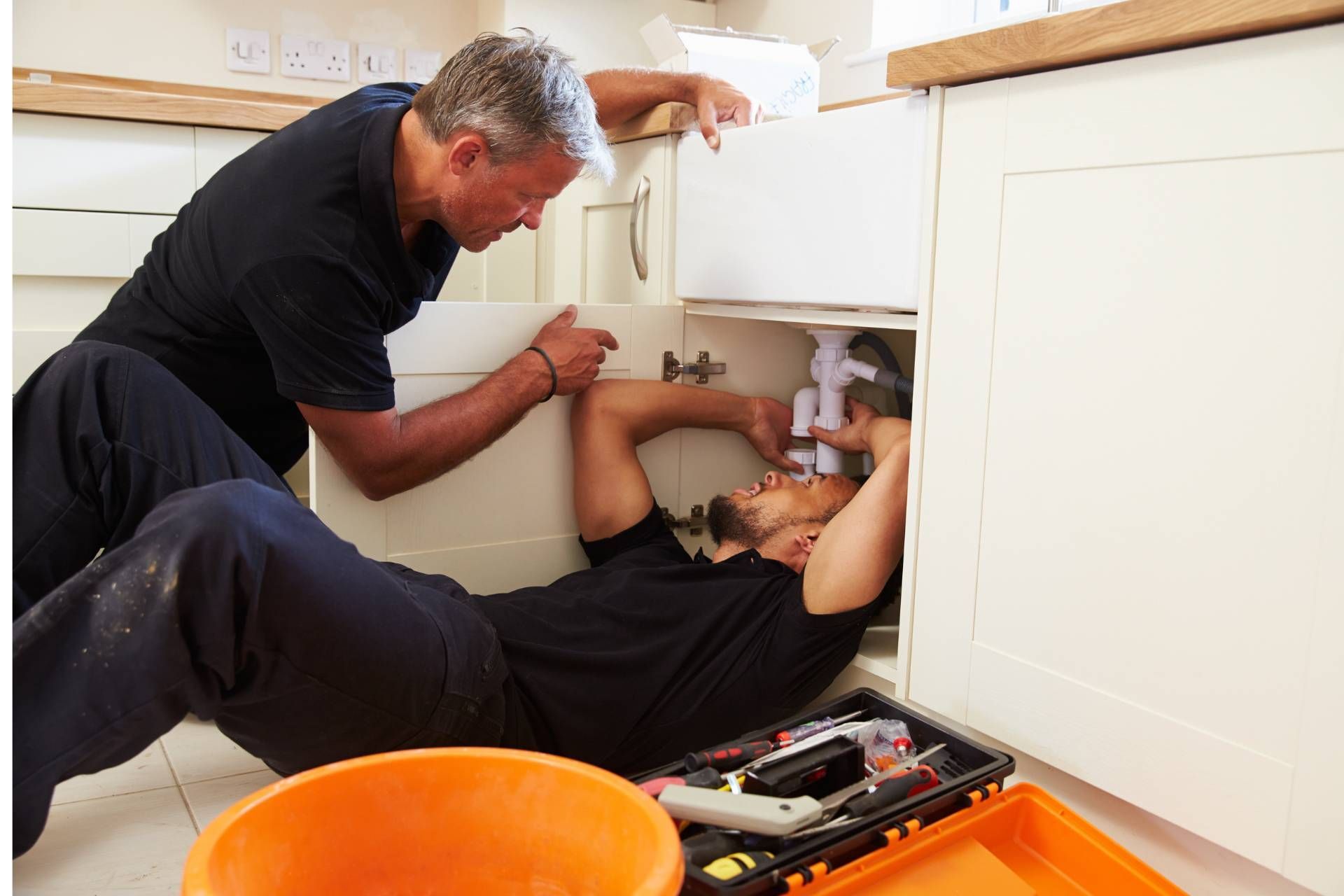When do you Need a Sewer Pipe Replacement?
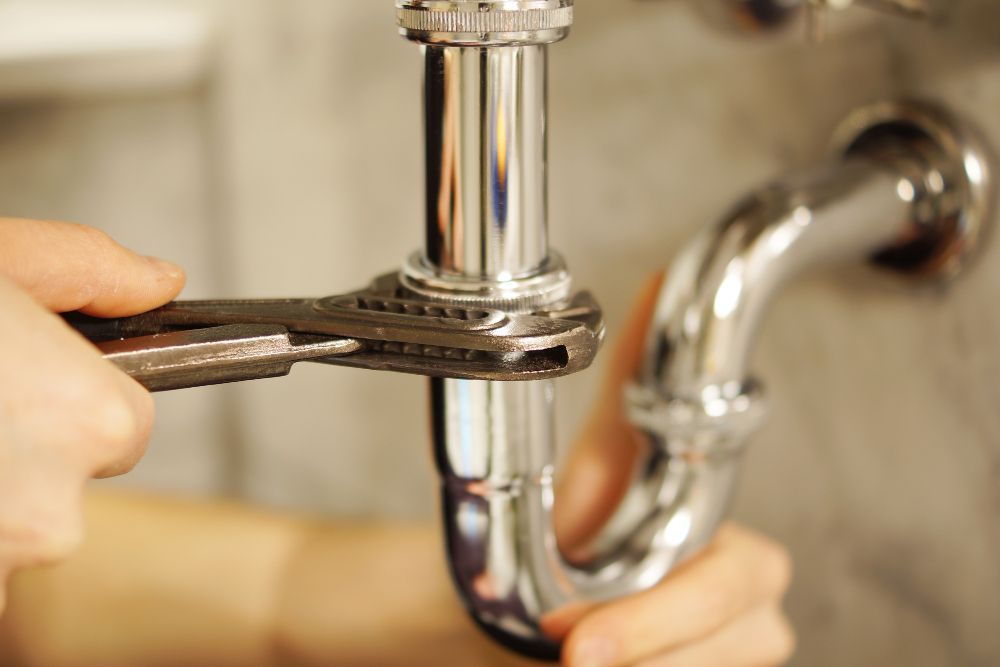
The need for a sewer pipe replacement arises when the integrity and functionality of existing sewer pipes become compromised, potentially leading to a range of issues that affect both property owners and the surrounding environment. Sewer pipes play a critical role in transporting wastewater and sewage away from homes, businesses, and public spaces to treatment facilities, and any deterioration in their condition can result in costly repairs, health hazards, and disruptions to daily life.
By identifying the signs of sewer pipe deterioration and understanding the benefits of timely replacement, property owners can make informed decisions to maintain the efficiency and safety of their sewer systems.
Why Sewer Pipe Replacement is Needed?
Sewer pipe replacement is typically necessary when the existing sewer pipes are compromised and cannot effectively perform their function of transporting wastewater and sewage. Here are some common situations that might indicate the need for sewer pipe replacement:
Extensive Damage or Corrosion
Over time, sewer pipes can corrode due to exposure to wastewater, chemicals, and the surrounding soil. If the pipes have extensive corrosion, they can weaken and develop cracks or holes, leading to leaks and potential sewage backups.
Frequent Blockages
If you experience frequent blockages in your sewer system despite regular maintenance and cleaning, it could be a sign that there are significant obstructions or damage within the pipes. These blockages might be caused by tree roots, debris buildup, or collapsed pipe sections.
Sewage Backups
Backups occur when wastewater and sewage cannot flow through the pipes properly, leading to overflow in toilets, sinks, or drains. If you're experiencing recurring sewage backups, it could be an indication of a serious problem within the sewer system.
Visible Sinkholes or Depressions
Sinkholes, depressions, or areas of sunken ground in your yard or property could indicate a collapsing sewer pipe beneath the surface. This can result from erosion, ground settling, or damage to the pipes.
Foul Odors
Persistent foul odors in or around your property might suggest sewer gas leaks, which can occur due to cracks or gaps in the sewer pipes. These leaks not only create unpleasant smells but can also be hazardous to your health.
Aging Infrastructure
If your property has older sewer pipes made from materials like clay, cast iron, or Orangeburg (bituminous fiber pipe), they might be more susceptible to degradation over time. Aging pipes are more prone to cracks, leaks, and other forms of damage.
Repeated Repairs
If you find yourself frequently needing repairs on your sewer system, it might be more cost-effective in the long run to replace the pipes altogether rather than continuously addressing individual issues.
Tree Root Intrusion
Tree roots can infiltrate sewer pipes through small cracks or joints in search of moisture and nutrients. Over time, these roots can cause blockages and damage that may necessitate pipe replacement.
Frozen Pipes
In cold climates, frozen pipes can burst and cause significant damage when the ice inside expands. Proper insulation and precautions during freezing temperatures can help prevent this.
Sump Pump Failure
If you have a basement, a sump pump failure can lead to flooding during heavy rains. Regular maintenance is crucial to ensure it functions when needed.
Pipe Corrosion
Over time, pipes can corrode, which can lead to leaks, reduced water quality, and a decrease in water pressure.
Septic Tank Issues
For homes with septic systems, issues like backups, foul odors, and slow draining can occur due to improper maintenance or system overload.
If you encounter any of these plumbing problems and feel unsure about addressing them yourself, it's best to consult a professional plumber. Attempting to fix some issues without the necessary expertise can lead to more significant problems and expensive repairs down the line.
How to Fix Common Plumbing Problems
While some
plumbing problems may require the expertise of a professional plumber, there are several common issues that you can attempt to fix on your own, provided you have some basic tools and knowledge. Here's a general guide on how to address a few
common plumbing problems:
For Clogged Drains:
- Try using a plunger to dislodge the clog. Make sure there's enough water in the sink or tub to cover the plunger's rubber cup.
- If the plunger doesn't work, use a drain snake or auger to reach and break up the clog.
- Avoid using
chemical drain cleaners, as they can be harsh on pipes and harmful to the environment.
For Leaky Faucets:
- Turn off the water supply to the faucet.
- Disassemble the faucet handle to access the internal parts.
- Replace worn-out washers, O-rings, or seals that might be causing the leak.
- Reassemble the faucet and turn the water supply back on.
For Running Toilets:
- Remove the toilet tank lid and observe the components inside.
- Adjust the chain connecting the flapper valve to the flush handle, ensuring it's not too tight or too loose.
- If the flapper valve is damaged, replace it.
- If the problem persists, the fill valve or other internal components might need replacing.
Low Water Pressure:
- Check if the low water pressure is isolated to one fixture or affecting the entire house. If it's only one fixture, the aerator might be clogged. Remove and clean it.
- If it's affecting the whole house, check for leaks or obstructions in the main water line and pipes.
Leaking Pipes:
- If you find a leak, turn off the main water supply to your home immediately to prevent further damage.
- Use the plumber's tape or pipe sealant to temporarily stop minor leaks.
- For larger leaks, use a pipe clamp or similar repair device to secure the affected area temporarily until a professional can assess and fix it.
Garbage Disposal Problems:
- If the disposal is jammed, use an Allen wrench to manually turn the disposal from the bottom to free the obstruction.
- Reset the disposal by pressing the reset button on the bottom of the unit.
- Avoid putting large or hard items down the disposal to prevent future problems.
Reach out to Plumbing Experts
If you're not comfortable with DIY plumbing repairs, it's always best to call a professional plumber. Attempting to fix complex issues without the necessary expertise can lead to more damage and costly repairs. Also, make sure to always turn off the water supply and follow safety precautions before attempting any repairs.
Call Tru-Flo Plumbing for your plumbing needs.
Address: 3215 Dix Hwy, Lincoln Park, MI 48146 | Phone: 1-877-783-TRUE (8783)
Copyright © 2023 Tru-Flo Plumbing, All Rights Reserved
